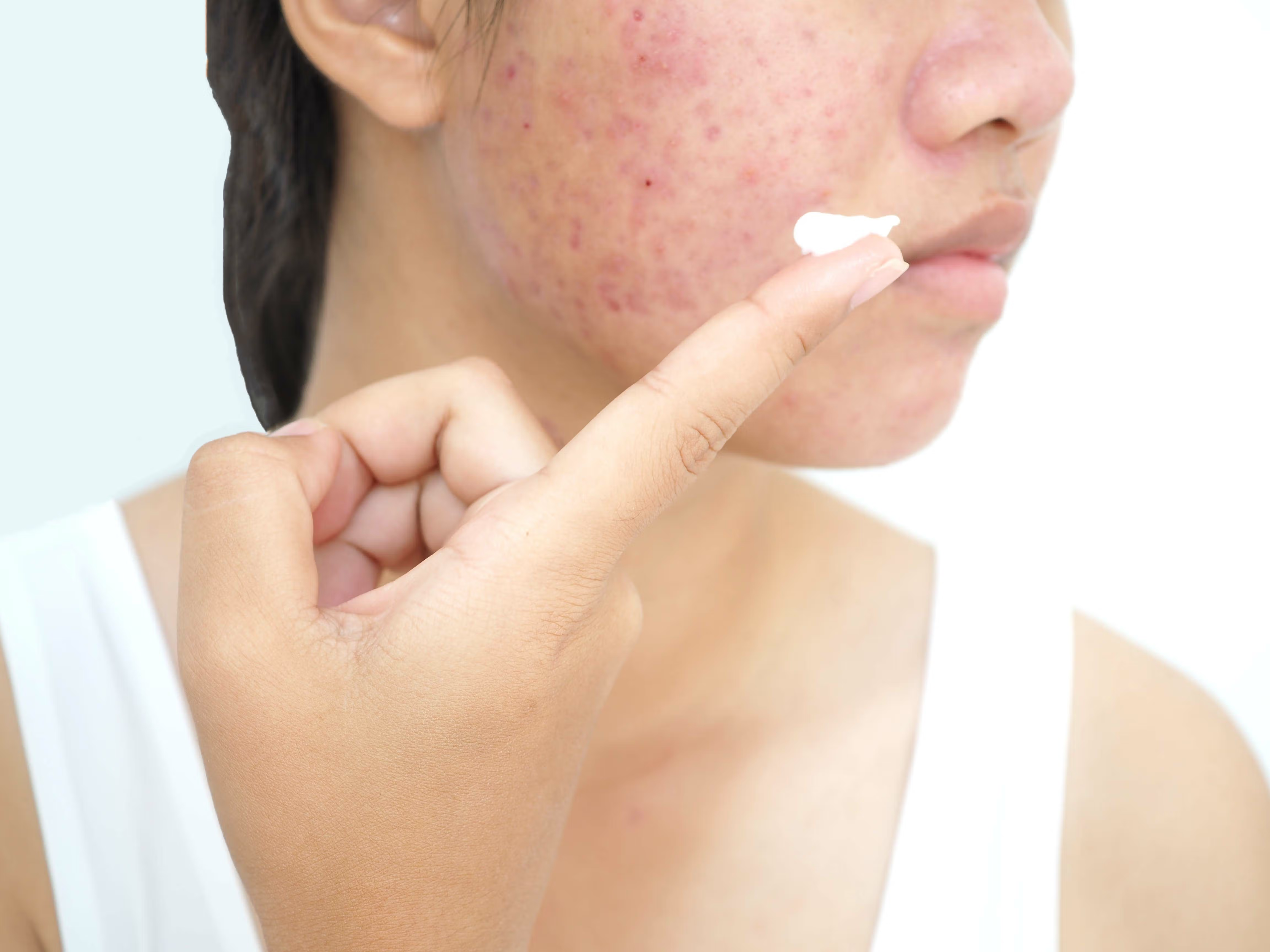- Case-Based Roundtable
- General Dermatology
- Eczema
- Chronic Hand Eczema
- Alopecia
- Aesthetics
- Vitiligo
- COVID-19
- Actinic Keratosis
- Precision Medicine and Biologics
- Rare Disease
- Wound Care
- Rosacea
- Psoriasis
- Psoriatic Arthritis
- Atopic Dermatitis
- Melasma
- NP and PA
- Skin Cancer
- Hidradenitis Suppurativa
- Drug Watch
- Pigmentary Disorders
- Acne
- Pediatric Dermatology
- Practice Management
- Prurigo Nodularis
- Buy-and-Bill
Video
Types of Moisturizers and How to Select Them
Author(s):
Expert dermatologists discuss different types of moisturizers and how to properly select a moisturizer.
Joshua Zeichner, MD: If you look at this slide, this is an extension of that same study that we presented before on cleansers. Here, we’re looking at a variety of moisturizers, looking at several leading brands. Most of the products have the combination of ingredients that we discussed before: emollients, humectants, and occlusives. We’ll use another broad term, anti-inflammatory ingredients. We’re using this within the context of a study and an educational discussion that we’re having, but anti-inflammatory is not something that cosmetics will say as they market to professionals or consumers, because that technically is changing the structure or function of the skin. But within the framework of this conversation, we can have that discussion. We can have that mention of an anti-inflammatory ingredient. Usually, it’s something like niacinamide, as Mona mentioned.
Mona Gohara, MD: I like the barrier repair component, which is important. It brings us back to 1 of the main themes of this discussion: there’s some barrier dysfunction in acne. I’d like to call out that a whole host of things can be dysfunctional in acne. The epicenter is not barrier dysfunction. That’s 1 part of why acne happens. If we can support that, that eliminates barrier dysregulation or dysfunction as a confounding factor in this.
Joshua Zeichner, MD: Because we’re all recommending moisturizers for our patients, No. 1, we’re looking for advanced formulas with the latest in cosmetic chemistry and formulation technology to deliver textures and consistencies that patients love and want to use. Separate from that, as we talked about with cleansers, there are specific types of ingredients that we’re looking for as adjunctive therapy to the therapeutics that we’re giving our patients with acne.
Mona Gohara, MD: If that previous study with the bar graphs holds true, if patients have cleanser and moisturizer that supports the barrier, has an anti-inflammatory component, and has a component that is beyond what it’s supposed to be doing—decreasing sebum—that by itself can help acne to some extent. I don’t believe it’s going to help it completely, but it will to some extent, and that can make a difference for our patients.
Joshua Zeichner, MD: The moisturizers and the ingredients that we’re recommending for acne-prone patients are different from the types of moisturizers and the ingredients that they contain for diseases like rosacea, eczema, and even psoriasis. This slide summarizes what we just talked about, the 3 different components you want to think about when recommending an appropriate moisturizer for your patient. No. 1, addressing the skin barrier, because of both the inherent defects in the skin barrier in acne-prone patients and the potential irritation for medications. No. 2, we have how moisturizing the product is. Mona, as you astutely said, even lighter textures are just as moisturizing and hydrating as heavier textures, so a lot of it comes down to personal preference. Then we have this so-called anti-inflammatory component, in which we’re perhaps looking for ingredients that will help give the skin other benefits.
Transcript edited for clarity





